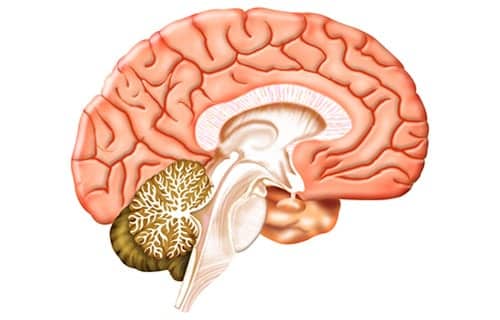New research conducted by German and Swiss researchers reports that air pollution directly affects cognition and is not mediated by lung function, according to the study presented at ATS 2015. Until now, it was unclear whether air pollution diminishes cognition by reducing breathing ability first or whether air pollution represents an independent risk factor for cognitive deficit.
Researchers tested the association between impaired lung function and cognitive impairment by measuring change in lung function through force expiratory volume in one second (FEV1) and forced volume capacity (FVC) and cognitive changes.
After adjusting for risk factors known to affect lung and/or cognitive impairment, they found the strongest association between impaired lung function and cognitive decline in the test that measures visuo-spatial ability. At baseline: one liter lower FVC resulted in an absolute decline in cognition of -0.3583 (p=0.007); one liter lower FEV1 resulted in a decline of -0.3075 (p=0.048). This association persisted at follow-up.
Next, the group applied a mediator analysis to test the influence of lung function on the air- pollution-cognitive-decline association. They looked at both particulate matter (PM) and nitrogen dioxide (NO2), factors known to reduce lung health. After studying changes in FEV1 and FVC as a result of an interquartile increase in both from baseline, they could not find a corresponding decrease in visuo-spatial ability: PM10 (?= -0.3158; p < 0.001 to ?= -0.3082; p < 0.001); NO2 (from ?= -0.3111; p=0.003 to ?= -0.3018; p=0.004).
“Our findings disprove the hypothesis that air pollution first decreases lung function and this decline, in turn, causes cognitive impairment by releasing stress signals and humoral mediators into the body,” explains Mohammad Vossoughi, a PhD student at the Leibniz (Germany) Institute for Environmental Medicine, who led the study.
Vossoughi adds that the findings suggest other hypotheses about how air pollution affects cognition, including the possibility that particulate matter and other pollutants are translocated to the central nervous system via our sense of smell and that leads to mild cognitive impairment.










